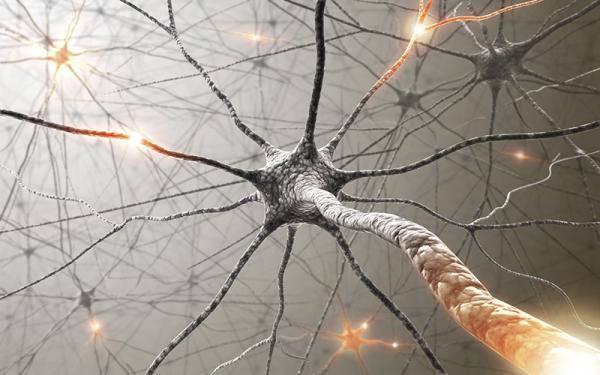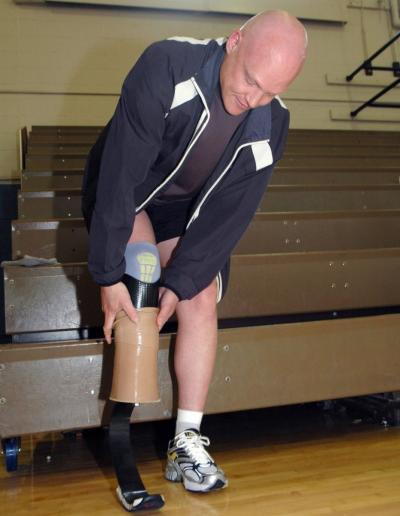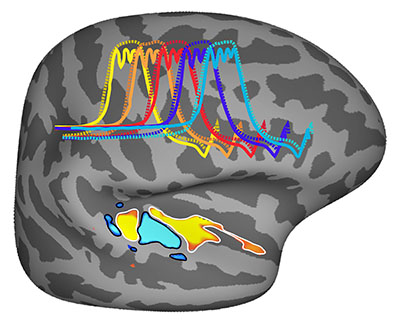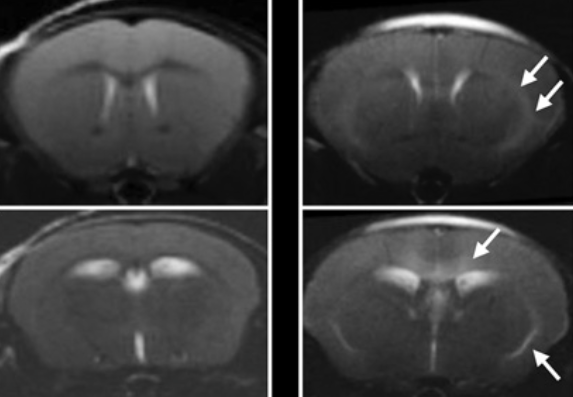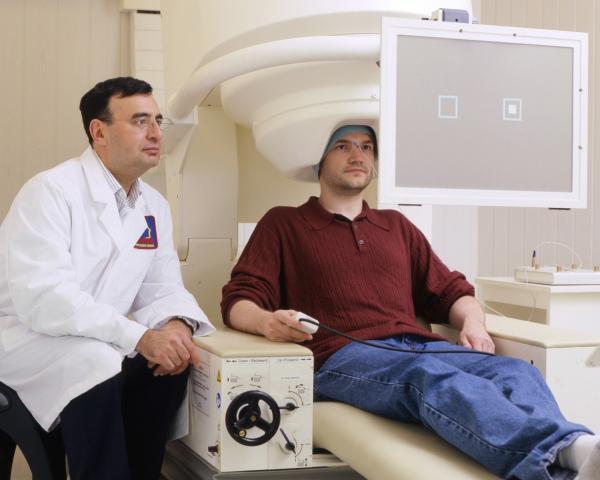Ketogenic Diet May Soothe Alcohol Withdrawal
Human and Animal Studies Point to New Treatment Strategy
Interest in the low-carb ‘ketogenetic’ diet has exploded in recent years, with legions of enthusiasts jumping on the bandwagon. The popular dietary regimen has even caught the attention of scientists seeking new treatments for an array of health conditions. For instance, a recent IRP study suggests that a ketogenic diet might make it easier for people with alcohol use disorder to stop drinking.


